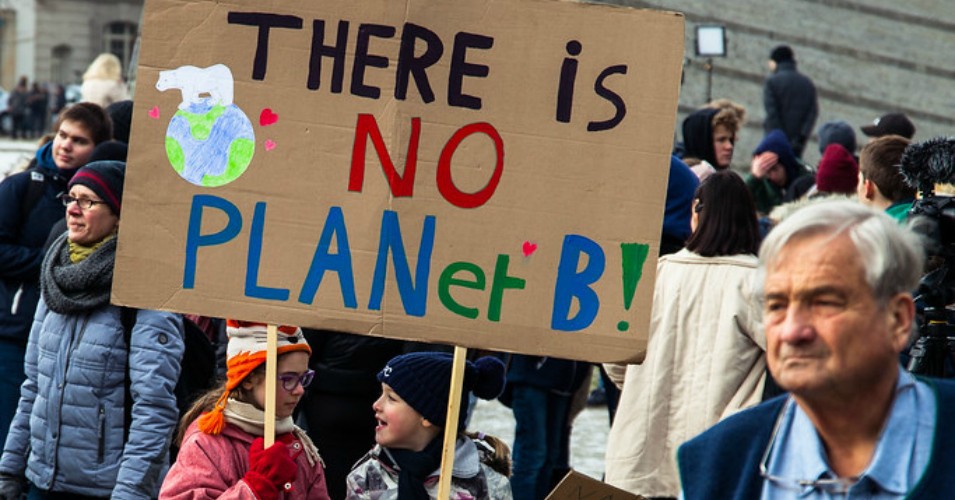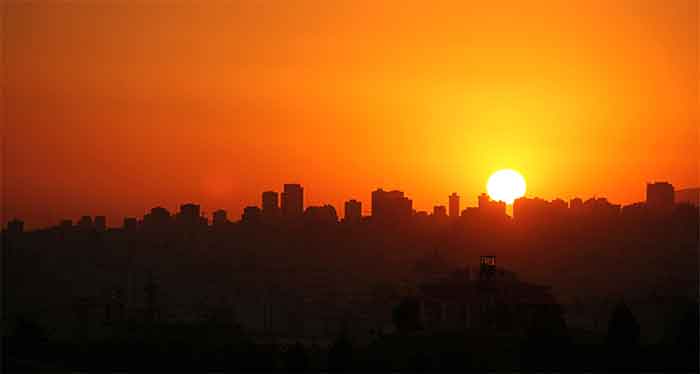
This year 2021 is widely regarded as an important year for climate change negotiations. The more obvious reason for this is of course that the 26th Conference of Parties (COP) to the UN Framework Convention on Climate Change could not be held as per schedule last year due to Covid related factors and is now scheduled to be convened in November this year at Glasgow. The return of the USA to these negotiations is another important development this year. In addition there will be important preparatory meetings in the build-up to the bigger November event, for example a summit of major emitting nations called by US President Biden as early as April 22.
Ultimately the most likely outcome around November will be that some of the richest countries and/or powerful and influential countries will declare their commitment in terms of achieving carbon-neutrality by a fixed year, which can range from 2050 to 2060 ( with reference to year 2000 to 2005 ), and presenting this a great declaration they will call upon other countries to make similar commitments.
However before celebrations can start, much greater clarity on four important aspects will be needed . Firstly these concepts of carbon neutrality need to be placed before people in more detail and with more clarity. There are several aspects of carbon credits and other means of moving towards such declared objectives which have led to a lot of doubts and criticism. In particular there is surprise and concern that some of the highly polluting industries have been trying to present themselves as a part of the solution and flaunting their green labels, without any basic changes in these industries becoming apparent . So how exactly are calculations being made regarding the march towards carbon neutrality , or towards big reductions in GHG emissions is something which has to be brought out very clearly and with complete transparency, and any questions and doubts relating to these should be clearly explained.
Secondly, any agenda of GHG emission reduction cannot be presented and accepted as a single point agenda, and has to be related to other aspects of ecological ruin, safety, justice and other important dimensions. If farmers are getting displaced by a project implemented in the name of reducing GHG emissions, or if food security is threatened by such a project, then just the reduction of emission argument cannot be used as an overwhelming argument to justify displacement and harm to food security. In other words various objectives of justice, equality, safety, food security etc. cannot be conveniently sacrificed at the altar of emission reduction as a reductionist, one-point agenda. Rather the real challenge is to find means of reducing emissions within a larger framework of equality, justice, environment protection, peace and welfare of all forms of life.
Thirdly, a related aspect is that apart from climate change mitigation, the other aspect of climate change adaptation should get equal attention as this is going to be very important for the most threatened communities, particularly in poorer countries.
Last but not the least, there is the question of justice based approach towards developing countries. Earlier the principle of historical responsibility was well recognized on the basis of which the early industrializing, industrial countries were to bear the major financial responsibility for a more justice-based change of the world towards timely and adequate reduction in GHG emissions. A more specific manifestation of this was to be the creation of a $100 billion dollar a year fund to help developing and poorer countries to implement climate change mitigation and adaptation programs. If , on the basis of population size, about $ 20 or even $15 billion a year can become available to India per year for afforestation, soil and water conservation work ( along with renewable energy)so much can be achieved while also reducing poverty and promoting sustainable, creative livelihoods of weaker sections of people. But in reality what has happened is that developed countries have made available only a small fraction of the original commitment and indulged in accounting tricks to create a false impression that they have contributed a greater amount ( although even according to their own calculations they are much short of the original commitment).
Hence there is a need to move towards seeking answers for more difficult questions in this year of important climate change negotiations. It is also very important to relate this issue of climate change mitigation and even adaptation to the issues of disarmament and demilitarization. These relationships are much closer and deeper that what has been recognized so far.
Bharat Dogra is a journalist and author of recent books Planet in Peril and Protecting Earth for Children. He is Convener of Save the Earth Campaign with its demand for declaring the next decade as the Decade for Saving Earth.
GET COUNTERCURRENTS DAILY NEWSLETTER STRAIGHT TO YOUR INBOX












































